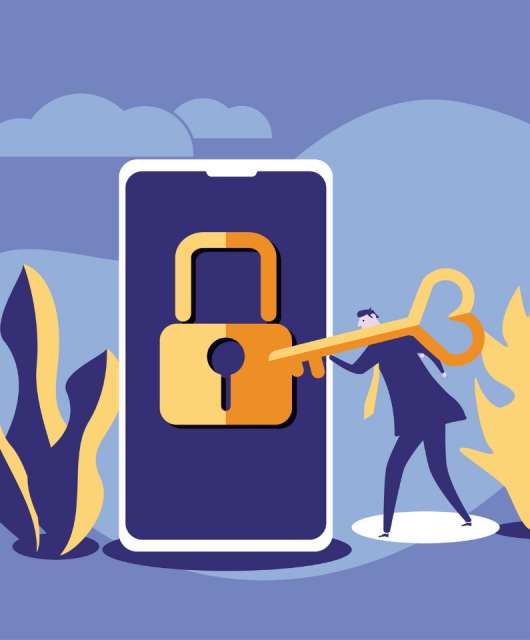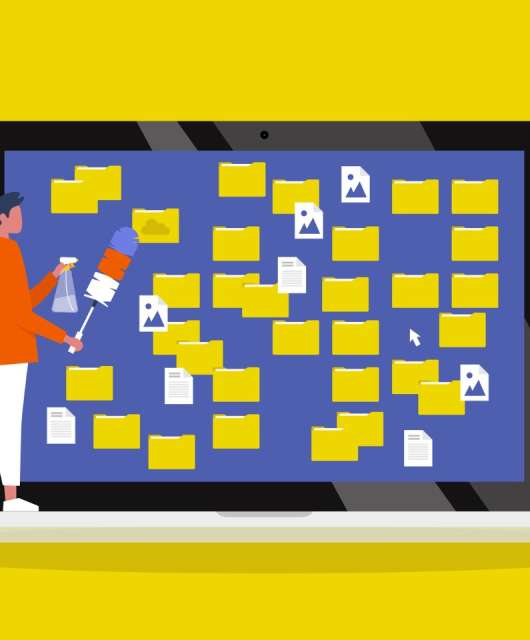Just a few hours ago, we have seen how the low-cost airline Vueling, part of the IAG (Iberia) group, and the courier service Nacex, along with at least seven other smaller firms, have fallen victim to a vulnerability that exposed the data of thousands of employees who used the online learning services of the firms. And it is not the first time that such attacks have occurred. EasyJet and British Airways are just two of the many other names on the long list of victims of cybercriminals that have taken advantage of security holes to inject malicious code into IT programs. The real aim in these cases is to access databases and steal confidential user information which is then sold on the black market, and this is a threat that all companies face, regardless of the sector they operate in, and not to mention the potential fines for failure to comply with the GDPR.
The findings from studies carried out suggest that no business can afford to let its guard down. PandaLabs, the cybersecurity laboratory at Panda Security, detected 76,000 exploit alerts in 2019 that aimed to take advantage of vulnerabilities in applications, networks, or hardware for illicit purposes.
We need to consider global security solutions, as just one, single unprotected area can render all the other measures implemented useless. Here we will define the four basic areas upon which a security policy should be based.
- Confidentiality: It is essential to guarantee the privacy of data, so that information is only accessed by authorized personnel. To ensure the privacy of the data it is necessary to restrict access in accordance with the level of sensitivity and confidentiality of the data on a system, whether at rest or in transit. Measures that restrict both physical and digital access to a device need to be considered, in order to properly control access to confidential information. Multi-factor authentication is a solution that ensures effective authentication and prevents unauthorized access.
- Integrity: When we refer to data integrity, we are talking about preventing data from being modified or manipulated before it reaches a recipient. By ensuring the integrity of communications, you can rest assured that data has not been tampered with in transit. This requires a variety of solutions to guarantee that organizations enjoy secure, fast, and easy-to-manage Wi-Fi services, as well as having a wireless intrusion prevention system (WIPS).
- Reduce the attack service: The accessibility of data and services is a great benefit to organizations, yet can also represent a critical risk. Availability, for example, can be compromised by denial-of-service attacks (DDoS), a simple and common type of attack, given the low cost. To reduce this risk, companies need to take control of issues such as patches, vulnerabilities, applications, USB devices, email, and Internet browsing. Effective endpoint protection, enabling protection throughout the threat lifecycle by leveraging a combination of encryption technologies, patch management, and remote monitoring, is the best guarantee for corporate cybersecurity.
- Protection anywhere: A complete security strategy can never be effective if users do not have the same level of protection both inside and outside the organization, wherever they are, and whatever devices they use. The security threats faced by companies are constantly changing, therefore the solutions designed to combat them must change at the same pace. This is an important aspect to keep in mind when deciding on a network security option, which where possible should include solutions and services designed to counter advanced threats.
One sound practice is to look for solutions that simplify the most common tasks, automating the maximum number of processes. At this point you should consider how you are going to manage your security strategy. These are some of the questions to ask yourself: How many solutions do I need to cover my needs? Will these solutions let me draw up uniform policies in all my use scenarios? How much management time will this involve for my IT team?
Now, with the combined offering of WatchGuard and Panda Security, you will find a complete range of products and benefits that extend corporate cybersecurity across the four key areas: Network Security and Intelligence, Multi-Factor Authentication, Endpoint Protection, and Wi-Fi Security. For full information on the complete WatchGuard product portfolio, click here. For more details regarding the WatchGuardONE partner program, click here.




